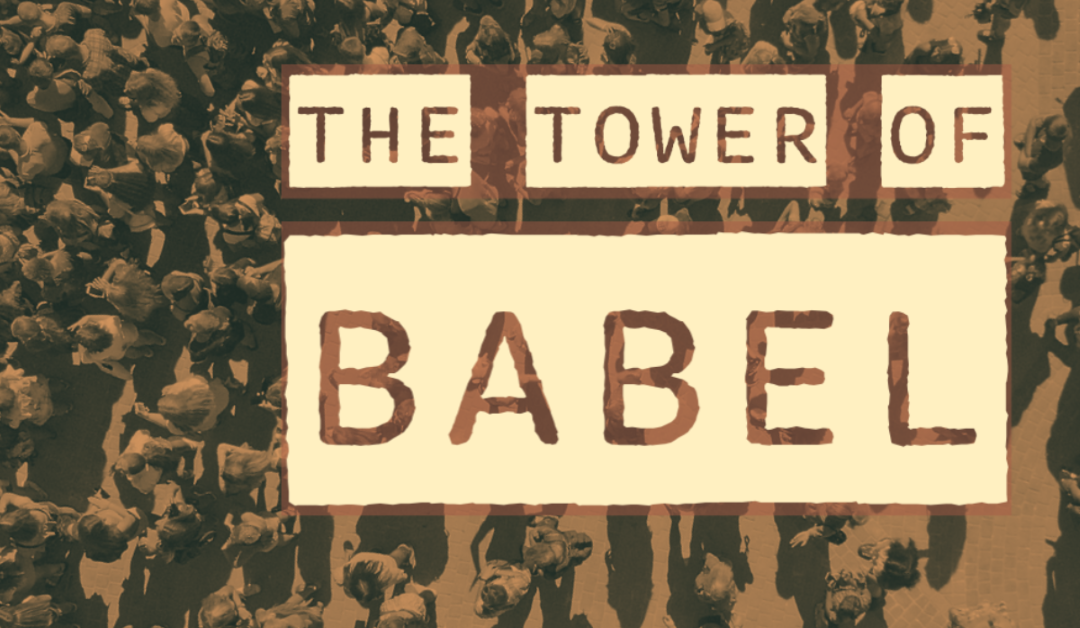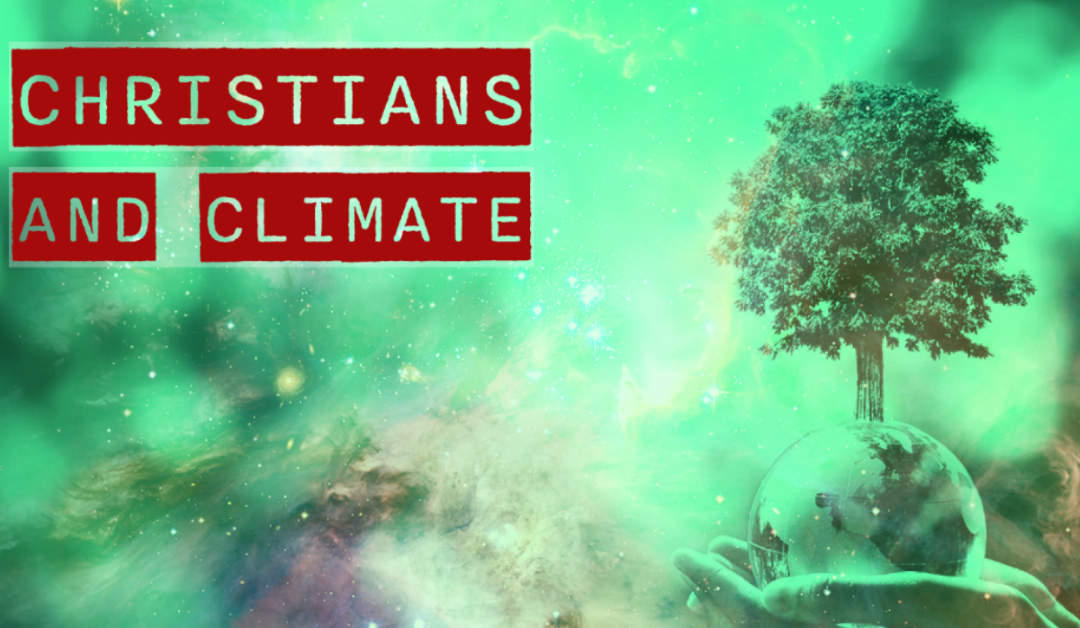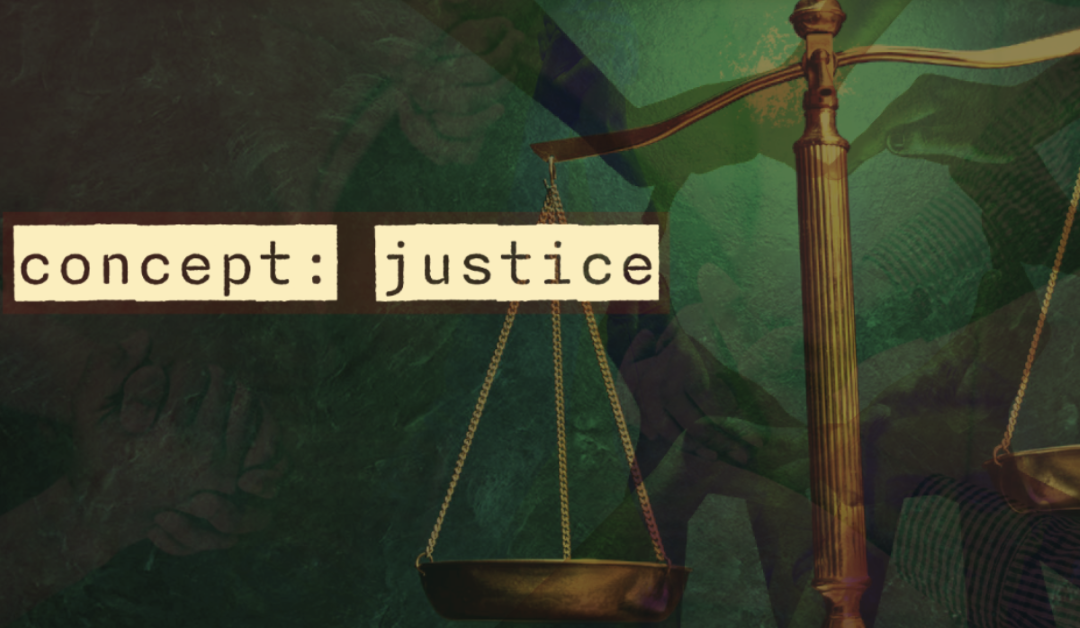
The Tower of Babel
babel
/ˈbeɪb(ə)l/
Noun
-
a confused noise made by a number of voices.
-
a confused situation.
According to the Encyclopedia Britannica the Tower of Babel is a mythological structure, and the narrative itself is a kind of parable with the aim of explaining the diversity of human language.
The story takes place after Noah’s Flood narrative, and tells us of the construction of a mighty tower. The Babylonians wanted to make a name for themselves by building a great city in the plains of Shinar with a tower stretching to the very heavens.
The narrative starts in Genesis 11:1 by explaining that the whole world had one language and a common speech.
There was a sense of unity.
There was also a sense of sinful arrogance or hubris.
In saying this I am referring to the interpretations of scholars like Von Rad, Driver and Westermann. After the deluge, God commanded the people to fill the earth – to spread out and cover it. They decided to band together and settle in one place. According to certain interpretations this was a sign of doubt in God’s promise to never again flood the earth – by building a tower reaching to the heaven, perhaps they would be spared another such judgement. An attempt to elevate themselves above the righteousness of God.
The Ancient Greek historian, Herodotus, confirms that the tower was indeed real, his records stating that he had seen the remains thereof.
The narrative itself though, and the implications thereof are hugely allegorical though.
A more African perspective on this story is that of Ghanaian theologian Solomon Avotri.
From the first chapters in Genesis and throughout the scriptures from there the concepts of man’s mortality, the search for eternal life and separation from God are common threads. Mankind finds itself in a constant struggle, as does God, for reconciliation.
“Making a name for themselves” is an attempt to gain a sort of immortality.
In the Tower of Babel narrative the attempt by people to reach heaven through technological development and their unity threatens God’s supremacy. Thus, God confuses their language and scatters them, because of their rebellious attempt to reach heaven. God did not want them to obtain immortality – create a name for themselves. The dispersion is not punishment for human arrogance or pride. The dispersion is a display of God’s ability to severe the link with human beings – leading to inaccessibility (Avotri 1999:20-21).
Avotri calls the efforts of the people to build the tower a ‘futile attempt at immortality’. At the same time it is a confirmation of life. The Tower of Babel narrative depicts God as the one with power over life and death.
In all of this God is depicted as being separated from man – “far off in the sky” – so to speak.
But in verse 5 (Gen. 11), He comes down to visit the city and the tower. His comments on their efforts, I can’t help but feel, carries a certain kind of positivity, when He remarks: “Indeed the people are one and they all have one language, and this is what they begin to do; now nothing that they propose to do will be withheld from them. “
And it is at this point that God confuses their language and scatters the people.
As a child in Sunday school I always supposed that God did this in an instant, but it was probably more a case of people just wandering in different directions – even in terms of the language barrier that arose.
It took time.
And in that time settlements became towns, became empires and vast nations. Wherever unity was, throughout the annals of history, great things happened.
Division – or duality of vision – amongst kin always led to separation and destruction.
Why did God confuse the language and cause this division?
I believe it is because we were not reconciled with Him, not UNITED with Him.
Our purposes and plans were still being driven by the flesh, by our selfish desires. Our hunger, our need to consume. Our need to dominate. To elevate ourselves above certain principles and call our own self-seeking the greater good.
Working in the NPO sector, and even amidst ministers, I have seen this – desires of the flesh being labeled as God’s will.
It was necessary for God to confuse the language and scatter the people in their fallen state.
Two points I would like to raise here at this point:
First of all, I feel like God loves diversity. Looking at the richness of life and the human experience from an evolutionary standpoint – how humanity has developed over the last few thousand years – from variations in skin pigmentation, to genes that make us exceptional at certain things like music, or sports, or accounting – even in terms of human brokenness, the fact that some, if not all of us, are so beautifully damaged that we need the grace of God to carry on.
Life is beautiful – when it is diverse.
And we need to embrace that diversity.
In the introduction to this series I mentioned that Jesus instructs us to welcome the stranger. I am reminded of Nirvana’s hit song “Come as you are”. The story as I heard it years ago was that Cobain’s lyrics and the song was inspired by a billboard encouraging heroin users to soak their needles in bleach before using (if doused in mud, soak in bleach), but for Kurt the words took on a new meaning – one of tolerance. Whether one was doused in mud or soaked in bleach, come as you are.
The sad reality is that even though heroin-addicted songwriters express this value honestly and sincerely, the church has not. We say “Come as you are” but what we mean is “come as you are, if you are like us.”
The true church, the real bride of Christ is selling herself on street corners to buy a ‘fix’ that can’t possibly ever mend the brokenness of her heart.
The stranger is not being welcomed.
We ignore them. We push them aside. The color of their skin, their sexual preferences, social or economic status, cultural or religious or theological differences (usually minor in the greater scheme of things) and personal convictions are all reasons for us to lock someone out.
The stranger is not being welcomed.
The religious institutions of the time did not welcome the relationship-revolution of Christ. He was a stranger in our midst, just as He was that day when he came down to visit the city of Babel.
We must celebrate diversity. We must celebrate our humanity just as Christ did – weeping with us, laughing with us, breaking bread with us.
Just like on the day of Pentecost. (Stay tuned for revelation).
Second point, and this was mentioned earlier in this article, is God’s word’s upon seeing the tower: “Indeed the people are one and they all have one language, and this is what they begin to do; now nothing that they propose to do will be withheld from them. “
Unity is a powerful thing.
As a worship musician I see the Spirit of God move and transform lives in a miraculous way – when there is unity. I see revival and restoration poured out when the ministers, the worship team, the altar workers and intercessors are working as one, when the congregation raises up one heart and one voice in seeking and supplication change happens.
When people come together and fight for social change something beautiful happens.
Slaves get freed. Workers get paid better wages. Civil rights are restored.
When people band together and work as one communities get uplifted, restored, strengthened.
If each person just gave away that which they have a surplus of, whether a loaf of bread or a case of tinned food, or a bag of clothes, the world would be a better place.
But we consume. And consume. And consume.
Our flesh drives us to be filled with pride, avarice and greed.
Because of this transformation is necessary.
God celebrates diversity. And there can be unity in diversity.
And this is where we come to the Pentecost outpouring in Acts.
Colossians 3:15 encourages us to let the peace of Christ rule in our hearts, that through it we are called to be part of one Body. Scripture makes it clear that it is through the Spirit of adoption that we cry ‘Abba Father’ and are baptized, through the death and resurrection and our acceptance and faith therein, into this family, into this Body.
In Acts chapter 2 God pours out His Spirit, and the tongues of fire. The disciples start speaking in languages not their own. And people from various nations were astounded at hearing their own native tongues being spoken by these Galileans.
Peter addresses the crowd gathered there – and no where does it say that the tongues had lifted, and although it is commonly assumed that his sermon was in Aramaic, the fact is we do not know for sure – the crowd was still diverse in language and nationality, yet all were ‘cut to the heart’ by what he was saying – unity happened. Unity in the Spirit – and 3000 were added to their number that day. What we know for sure is that effective Gospel communication facilitated by the Spirit of God took place that day – whether in Hebrew, Aramaic, or as I would like to believe, in a completely different dialect.
I’ve had the privilege of working with people who did not understand the common language but still God ministered to them regardless of linguistic barriers.
God transcends all our perceptions of time, space, language, materialism, and reality. He is above and outside of it all, even though He saturates everything and everything consists of and continues to exist in Him.
The Spirit of God writes testimonies on our heart. Not eloquent speeches or mortal efforts – no tower we can build can grant us immortality, or make a name for us.
But the words of God that day does ring true. If we as humans can start speaking one language, if we can find unity amidst ourselves, if we can work as one – nothing we propose or purpose will be beyond our reach.
However, it has to be within God’s will. God’s will is the expansion of His kingdom. The seeking of justice for those who are being pushed aside – God’s will is love and loving-kindness.
Caring for your neighbour.
Think of the difference we could make if we started speaking the same language. Think of the difference we could make if we were on the same page.
Jesus said: “They will know you are my disciples if you have fervent love for one another…”
Think of the difference we could make, the mountains that could be moved in our communities, the crooked ways made straight – oceans parted – if we were to find unity with God through Christ in the Spirit – if thus we could become one Body, with one Vision, with one Purpose. If we could be transformed to not seek our selves first, but the Kingdom and its values. God’s will here on Earth as in Heaven.
Think of the difference we could make if we started speaking the same language.
Think of the difference we could make if we could all love.


